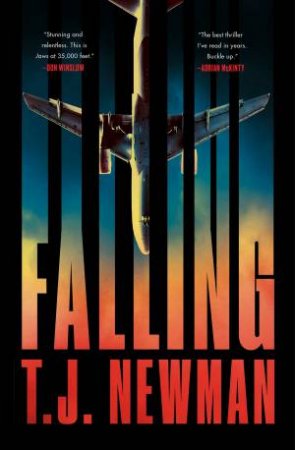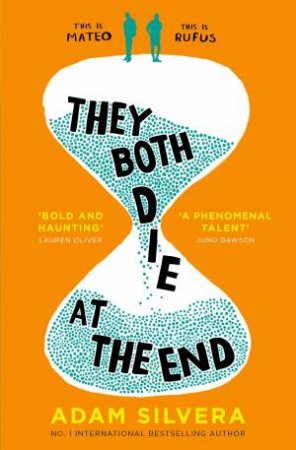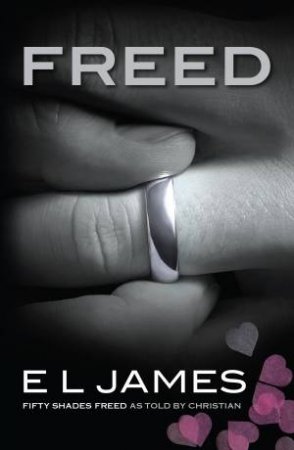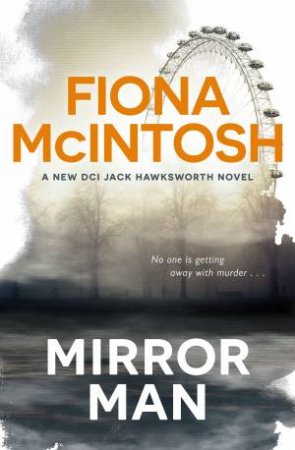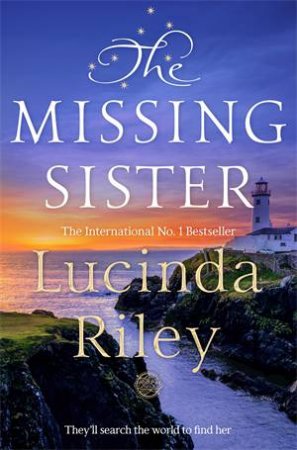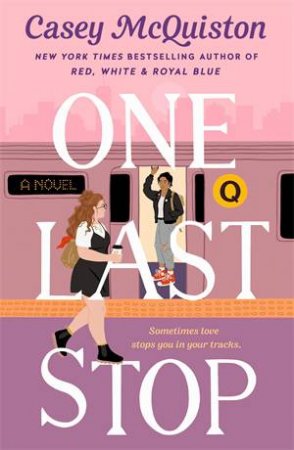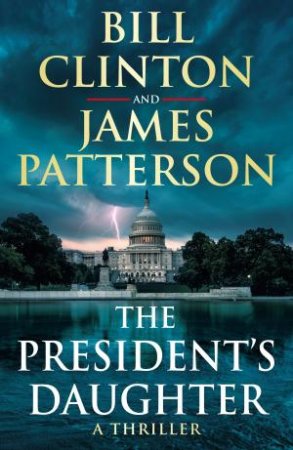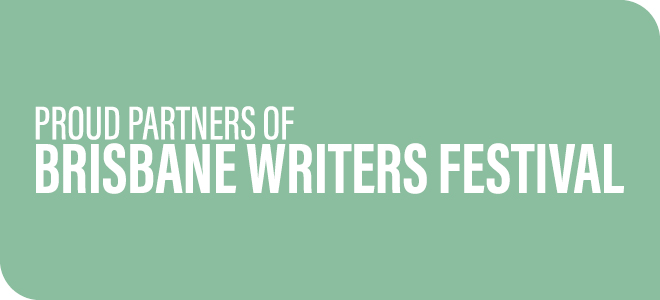

Houellebecq has famously called English the language of Donald Duck, so perhaps it is no wonder that Shaun Whiteside’s English translation (due for release September 26) was held back six months later than all other translations. And look, I bought a first edition in French (and it came with a beautiful Houellebecq-themed French bookmark that I now cherish as a kind of page-saving relic or even talisman, I’m sorry to admit…) and, look, I tried to read it en français, and I got through the first four pages or so at about the rate of half an hour a page … but it was too much like work and not the sort of work I wanted to be doing, the kind of work that is pure literacy indulgence; so I gave up and waited out the language embargo patiently (and went back to Tintin for French practice).
So I’ll start with what it isn’t.
“…nothing had given me the feeling that I had a place to live, or a context, let alone a reason.”
Firstly, let me just say that the ‘prophetic’ tag re. les gilets jaunes movement is over-blown. Sure, there are elements of serious discontent going on in the novel re. farming practices in France etc but nothing that mirrors anywhere near closely the actual movement and how it happened and progressed. The novel is much more relevant and interesting and terribly beautiful than to be considered some kind of Nostradamic manifesto. It’s much worse than that. It’s much more fantastic, in the literal sense of that word.
It’s also not about ‘the vanquished white male’.
If anything. It’s about the dynamic that would lead to people saying it’s about the vanquished white male. The ones that say he missed the Me Too movement, which he quite obviously didn’t. He’s sitting in it, uncomfortably, like it’s a public spa bath that hasn’t been cleaned for an uncomfortably long time. And the sort of people saying: “That whole aesthetic of the ‘old white male’ is dated, past its sell-by date and clearly no longer brings anything good. ‘What’s the point in trying to save a vanquished old white male?’ the narrator asks. What’s the point, indeed.”
That’s the point … right there, if not the meaning. The French do irony like they do pastry: delicate but calorie-ridden
“…from the bureaucratic point of view, a good citizen is a dead citizen.”
But Houellebecq has a way of beguiling by combining the most honestly and disarming brutal kinds of impulses of a man and the most delicate tenderness. The story does not shrink away from the most abject of things, and treats them with a banal internalised indifference. All the bluster on key issues of the moment, and everything else metoometoometoometoometoometoo on every platform where access to wifi trumps any Bill of Rights, there’s maybe a space still for the old white male, vanquished or otherwise, since no-one else seems to be noticing much outside of this at all. Maybe nobody’s meant to.
“Was I, in the end, as unhappy as all that?”
If you need a word for the book to be about something, happiness would be it, unsurprisingly. Claude-Florant is sad, a sadness unto death; and he is unpacking his life in an effort to assess (perhaps) why this is so. Between the lines, maybe he’s considering how things could have been different … while at the same time understanding things can never be different.
“Everything that had happened had happened for all eternity.”
On a wider scale, leaving behind the ‘whiteness’ the ‘old’ and the ‘male’ as kinds of window dressings (undesirable ones, of course) we can understand that there is a connection between Claude-Florant and being vanquished, certainly; but this state does not connect with his sadness. His sadness has not come from without; it is a self-disgust, a self-vanquishment. Enemies may be all to quick to hoist a foot upon the still-breathing corpse, but there is a strong sense of Claude-Florant’s awareness of his ultimate culpability for his position. To use the Oprah-esque parlance of our times, he owns his misery. And it’s not any more or less helpful than not owning it. In fact, it’s probably worse.
“An atmosphere of general catastrophe always alleviates individual catastrophe…”
The malaise is individual, but of course there is a sense of it being shared. Dare I even say it: the death of the West? A culture so utterly disappointed in itself, dying of sorrow due to the girth of its own reflexive demands. Maybe, if he ever writes another novel, he will tackle what comes next, the rough beast slouching its way toward Bethlehem. Maybe he has already…
“I could still carry on to the end, because I could, I could in material terms…”
Houellebecq remains the only living writer that I am truly interested in reading.
Review by Sean, Eastland QBD







